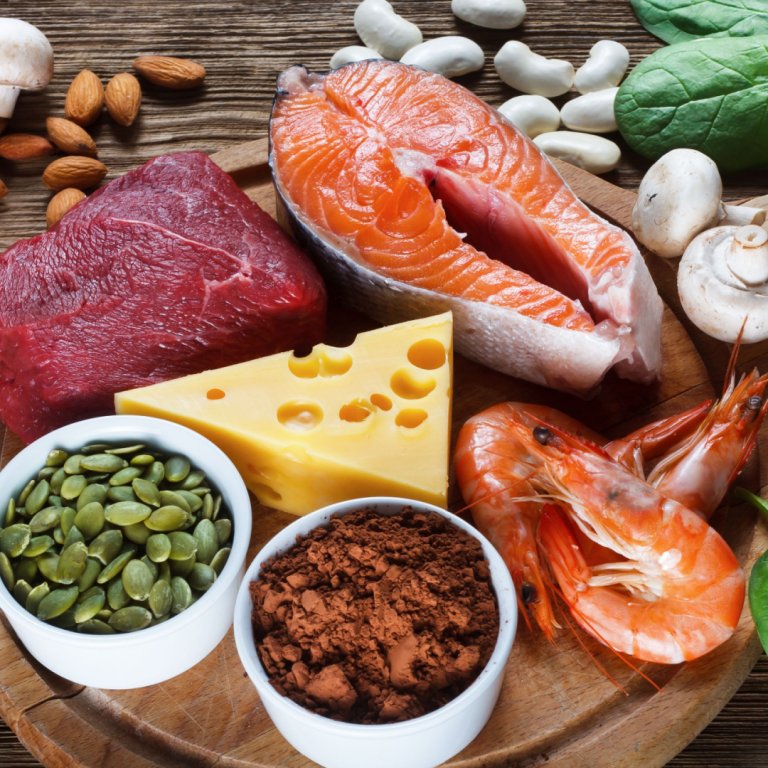For those of us affected by tinnitus, it can be an annoying and debilitating condition. In fact, tinnitus affects around 10% of the population! For as long as we’ve suffered with tinnitus, we’ve been looking for ways to manage, but what actually works?
Well, we’re going to explore the links between tinnitus, food and diet to find out whether tinnitus-friendly foods really do help us.
What is tinnitus?
Whether it’s ringing, buzzing or hissing, if you are hearing a sound or noise without a source that’s tinnitus. Contrary to popular belief, tinnitus isn’t regarded as an illness, but rather a symptom of an underlying condition. However, it is often difficult to determine what that condition is.
Tinnitus will often go away by itself, but that is not always the case. As of yet, there is no known cure for tinnitus, so for those long-term tinnitus sufferers, we would always recommend a management plan.



